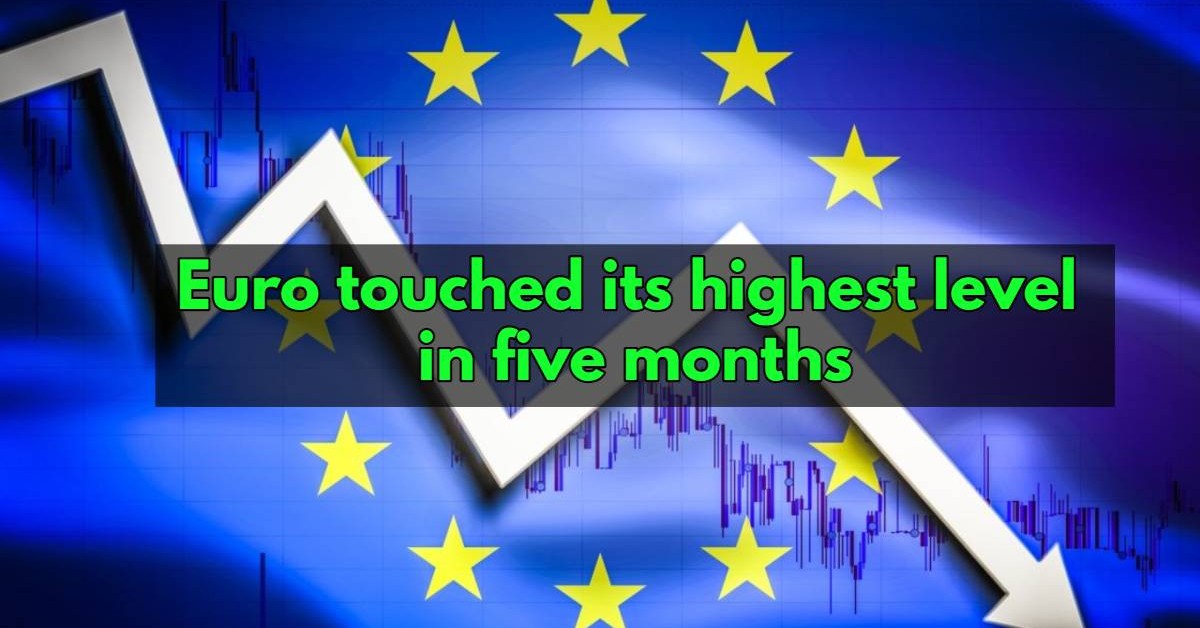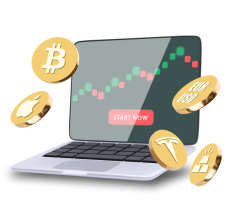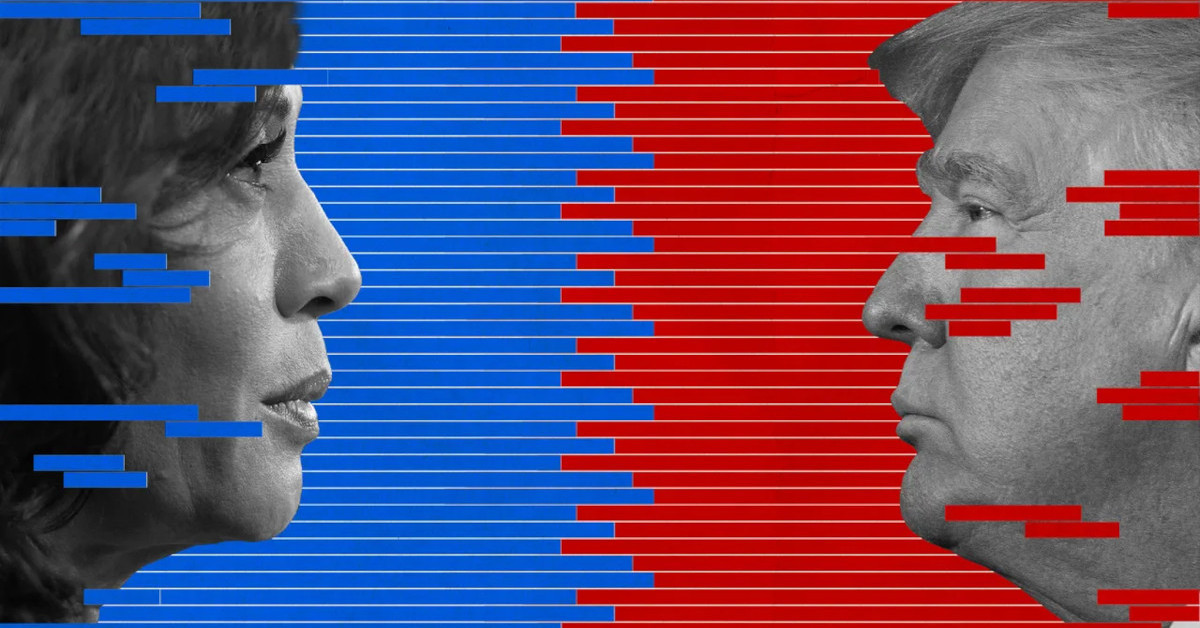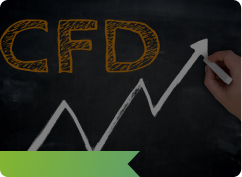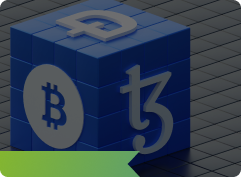ECB's Lagarde: We haven't reached an inflation peak!
At the time of writing, Mrs. Lagarde's testimony in the European Parliament continues. So far she told that Eurozone inflation has not peaked and the risk is that it will turn out even higher than currently expected.
In its Monday speech, European Central Bank President Christine Lagarde also said: "We do not see the components or the direction that would lead me to believe that we've reached peak inflation and that it's going to decline in short order." "Whenever I ask my top-notch economists at the ECB ... about the risk, the answer that I get at the moment is (that) risk is to the upside, without qualifying the upside."
These words more than anything conforms that Eurozone economic condition is not going well and recession is undeniable. With these outcomes and comments, we can clearly say that it will be so hard for Euro to hold its gains. Earlier today EURUSD was around 1.05, testing its five-month high.
It seems that ECB members will still have a hard choice between controlling inflation or acting more cautiously with such a pessimistic economic outlook.
In the past two weeks, Euro gets the advantage of a weaker USD and last week's ECB Monetary Policy Accounts. The Accounts of the latest ECB Monetary policy meeting had a more hawkish tone than expected, and it also helped the Euro to increase on the last day of the previous week.
Looking at the latest economic data from the European economies and Eurozone itself may help to understand the European economic condition.
German IFO Business Climate for November raised to 86.3, up from 84.5 in October, versus 85.0 forecasted. Also, Germany's Gfk consumer confidence index recorded -40.2 in December, slightly better than -41.9 in November, but lower than market expectations of -39.6. I should mention that this is the 13th consecutive month that the data has remained negative for the Gfk consumer confidence index. In addition, Germany’s final Q3 GDP growth at 0.4% and 1.2% annually recorded better than market expectations of 0.3% and 1.1% respectively. In general, these numbers indicate a slight improving the economic outlook for the Eurozone’s largest economy.
EU Flash Manufacturing PMI printed at 47.3 against expectations of 46.0, increasing significantly from 46.4 in October. EU Flash Services PMI was also higher than expected in November, matching October’s print of 48.8 and beating expectations of a decline to 48.0.
While so far economic outlook shows some slight improvements, it is the EU CPI Flash Estimate and Core CPI Flash Estimate on November 30th that will affect the ECB’s future stance.
It is worth noting that the German 2-year and 10-year bond yield curves have hit the largest inversion since October 1992, which is worrying. If the ECB goes towards tightening policies, there is no doubt about recession. And if the central bank does not control inflation, the recession will not be deniable again. Therefore, the question is not about the existence of the crisis, but about its extent and depth.
From the technical point of view, EURUSD above 1.02 (20-DMA) ended the downtrend, but to start the uptrend, it needs to move above the key resistance at 1.062, otherwise, always there is a risk of return.
